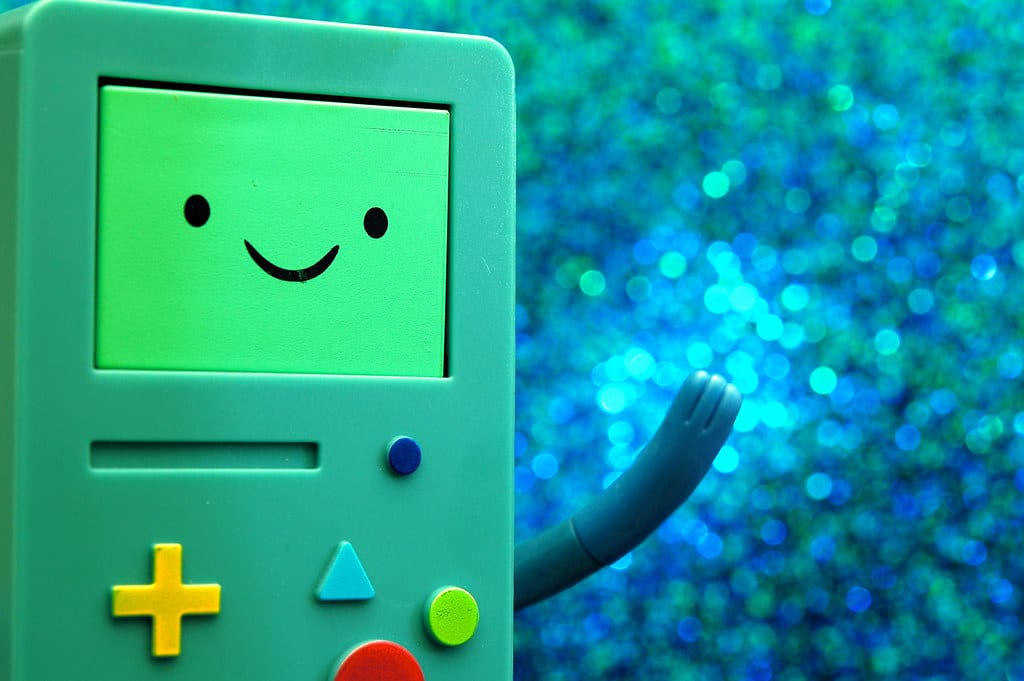Yes, in some circumstances, the Digital Millennium Copyright Act (“DMCA”) prohibits owners of certain computer and electronic equipment from attempting to repair the devices by accessing the computer software. From the vantage of the manufacturer of the video game console, preventing access to the console software helps prevent piracy. But, there are exceptions, and consumers can expect more exceptions in the future. Here is what you need to know.
The DMCA was enacted to provide additional protection for copyright holders. Among other provisions, the DMCA made it unlawful to “circumvent a technological measure that effectively controls access to” parts of a device where copyrighted material is located and access to the software. See 17 U.S.C. § 1201. Unfortunately for consumers, this provision has been interpreted broadly to prevent access to devices for the purpose of repairing the device.
However, as noted, there are exceptions. Copyrights are administered by the Library of Congress. Every three years, the Librarian adopts exceptions and the most recent set of exceptions was issued on October 28, 2021. See here. A number of previous exceptions were renewed (with modification) and a couple were added. Modifications that were sought by consumer and academics included these:
- Expanding the scope of exceptions for movies, television shows and videos for legitimate research and preservation purposes
- Adding marine vessels to the exception that permits access to computer programs that operate land vehicles to allow diagnosis, maintenance and repair
- Expanding the scope of the exceptions for devices primarily designed for use by consumers and medical devices/systems to allow diagnosis, maintenance and repair
In general, all of the exceptions include a couple of caveats such as:
- The device or item at issue was lawfully made, acquired and owned (or licensed)
- That access of the computer programs or the device is NOT for the purpose of gaining unauthorized access to other copyrighted works or is NOT for unlawful infringing purposes
In general, the exceptions (including the new ones and the modifications) are justified as narrowly tailored and supported by copyright “fair use” factors that courts consider when evaluating a copyright infringement or DMCA violation claim. Some use of copyrighted works are not infringing if the use is deemed “fair use.” As one example, a “fair use” is often a use that is for personal, non-commercial purposes. In this sense, accessing a software-driving device for “diagnosis, maintenance and repair” purposes satisfies that “fair use” factor because the purpose of accessing the software is for personal, noncommercial purposes and, in general, there is no intent to gain access to the copyrighted for purposes of copying, redistribution or other purpose detrimental to the copyright holder. For more information or if you have questions about the DMCA or about protecting your trademarks, copyrights and other intellectual property, contact the IP litigation lawyers at Revision Legal at 231-714-0100.




